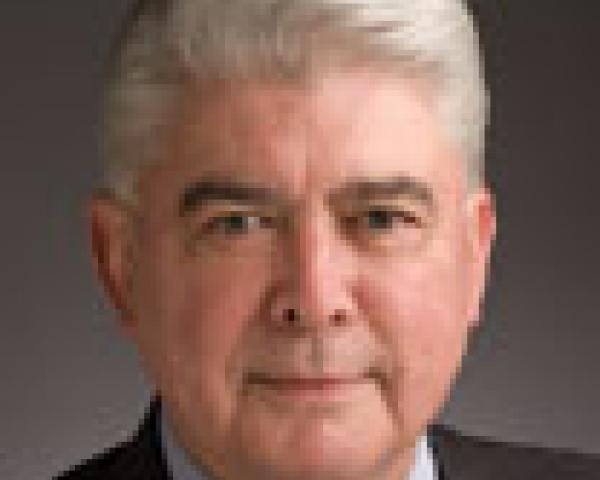Spotlight on Sexual Abuse
A significant problem faced by organizations offering services to youth, elderly, and the developmentally disabled is that individuals who sexually abuse are not easily identified. The majority of perpetrators involved in these incidents at nonprofit organizations have no prior abuse convictions. Also, they are often highly regarded by their peers and the families of those they are secretly abusing.|






